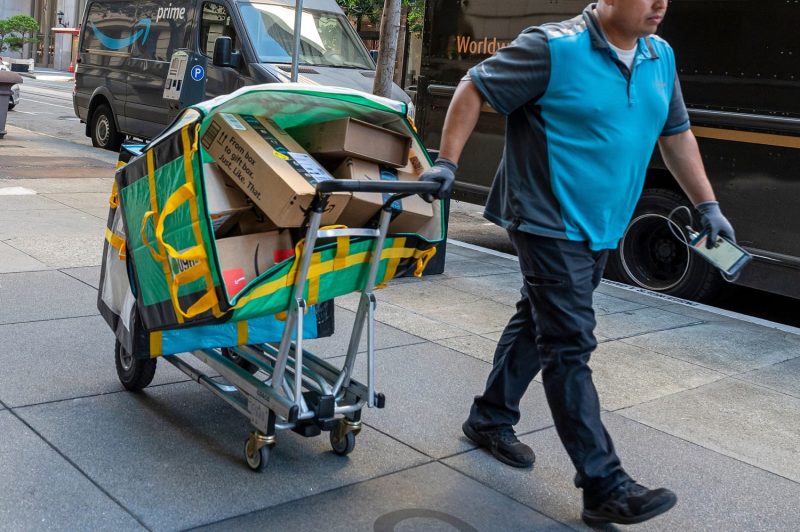In a recent turn of events, Amazon finds itself entangled in a legal battle as the District of Columbia Attorney General sues the retail giant for purportedly omitting certain neighborhoods from its Prime delivery service, a move that has stirred controversy and raised questions regarding equality and access to essential services. The accusations claim that Amazon’s practices have led to discrimination and disadvantage for residents in these overlooked areas, many of whom may already face socio-economic challenges. As the lawsuit progresses, the spotlight is on Amazon’s commitment to serving all communities fairly and the need to ensure equitable access to modern conveniences and necessities like swift delivery services.
Moreover, the fallout from this legal action against Amazon sheds light on broader issues of corporate responsibility and accountability in the rapidly evolving landscape of e-commerce and digital services. As companies like Amazon wield significant power and influence over consumers’ daily lives, questions regarding the impact of their business decisions on marginalized groups and underserved communities are being thrust into the spotlight. The outcome of this lawsuit could set a precedent for how tech giants approach their service offerings and address potential disparities in access and treatment of customers across different regions.
At its core, this legal dispute between Amazon and the D.C. Attorney General serves as a reminder of the importance of upholding principles of fairness, inclusivity, and non-discrimination in the digital age. As society becomes increasingly reliant on online platforms and services for various needs, ensuring that these technologies are deployed in a manner that benefits all segments of the population is crucial for fostering a more equitable and just society. The case against Amazon underscores the pressing need for companies to prioritize ethical considerations and social impact in their business practices, particularly when it comes to providing essential services to communities that may be overlooked or marginalized.
Ultimately, the outcome of the lawsuit will not only have legal ramifications for Amazon but also carry broader implications for how companies navigate the intersection of technology, commerce, and social responsibility in today’s interconnected world. As the case unfolds, it will be essential to keep a close eye on how Amazon responds to the allegations and the potential changes it may implement in its delivery practices to address concerns raised by the D.C. Attorney General. By promoting transparency, accountability, and inclusivity in their operations, companies like Amazon can strive to build trust with consumers and demonstrate a commitment to serving the greater good in an increasingly digital and interconnected society.
